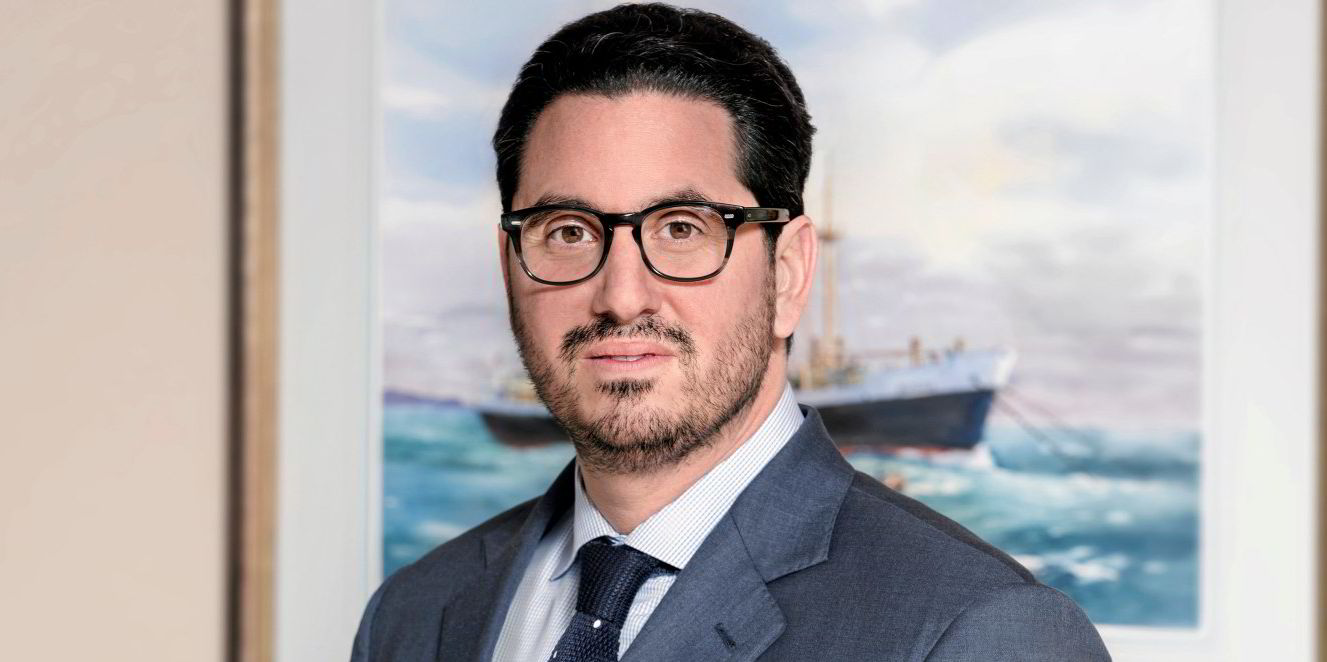MSC Mediterranean Shipping Company has sold yet another of its older container ships for recycling at a hand-picked Hong Kong Convention-compliant ship recycling facility at Alang.
The 2,880-teu MSC Levina (built 1989) is the 13th MSC-controlled container ship sold for recycling this year, putting the company far in the lead on the demolition front compared to its top-five liner operator peers.
The 34-year-old container ship was sold for strict green recycling at $565 per ldt, or $7.26m.
VesselsValue data indicates that MSC has recycled eight directly owned container ships so far this year, including the MSC Levina. A further five container ships, which the online database lists as owned by Niki Shipping of Greece but longtime units of the MSC fleet, have also been sold for recycling at MSC-approved yards at Alang.
In comparison, the level of scrapping has been minimal for the other four top-tier liner companies.
Evergreen Marine Corp and AP Moller-Maersk have recycled two each, while neither Cosco Shipping Lines nor CMA CGM have recycled any.
The age profile of its fleet explains that MSC has been the most prolific seller of vessels for recycling. VesselsValue pegs the average age of its fleet at 15 years, whereas its immediate competitor’s range is between five and 12.
This is partly due to MSC’s long-held strategy of hedging its fleet against market fluctuations by keeping it comprised of old and new ships. When the market is strong, the company keeps the veterans trading.
The fleet is trimmed through selective pruning of older vessels as and when the market dictates.
In most cases, the ships sent for recycling have likely long been paid off. The MSC Levina is a prime example. It has been in the MSC fleet for 25 years, having been acquired from Hanjin Shipping in 1998.
MSC owns more than half the ships it operates, in contrast to its main competitors, who keep the ownership level of the operating fleet to less than half, focusing on owning only young vessels and adjusting their fleet strength by reducing the number of chartered vessels.
This year has seen most scrapping activity confined to smaller liner companies and tonnage providers, with Wan Hai Lines recycling 10.
At the outset of 2023, the expectation of a deluge of container ships being sold for recycling has failed to materialise.
Delegates at the TradeWinds Ship Recycling Forum held in Singapore last week said that while container freight rates have come down significantly, ships remain profitable, and owners are reluctant to sell, a situation they said is applicable across all shipping sectors.
Recycling market reports published over the weekend showed only two other deals concluded over the past week, both involving Chinese-owned dry tonnage.
Yu Heng Shipping’s 45,700-dwt bulk carrier Sea Smile (built 1995) was reported as sold to cash buyers on a delivered basis with full subcontinent options at $520 per ldt, or $4.2m.
The 10,000-dwt general cargo ship Hua Da 606 (built 2005) was sold to Alang-based recyclers by Xiamen Xinhuada Shipping via intermediary Hong Kong King Sail Shipping at $510 per ldt, or $1.8m.





